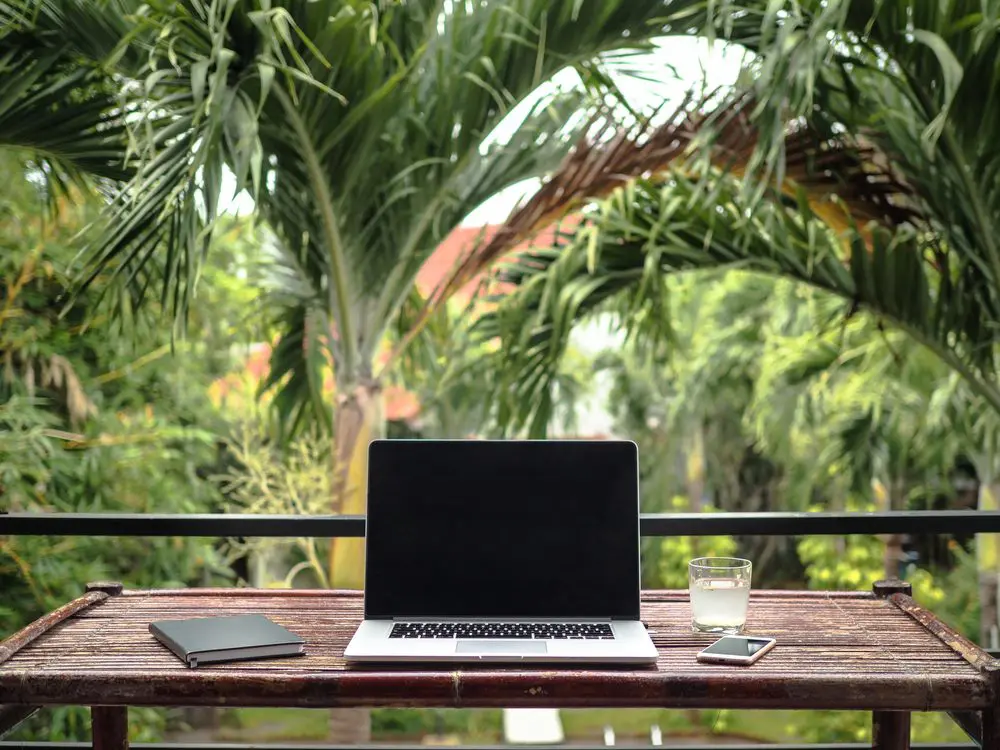Embracing the digital nomad lifestyle offers unparalleled freedom, cultural immersion, and personal growth. However, thriving as a remote worker on the move requires deliberate planning and disciplined habits. Below is a comprehensive guide to help you design, launch, and sustain an effective and fulfilling work-from-anywhere lifestyle.
1. Planning Your Digital Nomad Journey
Define Your Goals and Timeline
Clarify why you want to become a digital nomad and set realistic milestones. Are you seeking travel experiences, a better work-life balance, or cost savings? Establish whether you’ll embark on short trips between cities or long-term stays in a handful of locations.
Choose Destinations Strategically
Consider key factors for each locale:
- Internet speed and reliability
- Cost of living and housing options
- Safety and healthcare quality
- Time-zone compatibility with clients or colleagues
- Visa requirements and length of stay
- Local language and cultural fit
Websites such as Nomad List and Teleport can help compare cities on these criteria.
2. Essential Tech Setup
Reliable Internet Access
- Research coworking spaces with high-speed connections.
- Carry a portable Wi-Fi hotspot and an international SIM card.
- Use apps like Speedtest to verify network performance before committing to a workspace.
Equipment and Backup
- High-performance laptop with extended battery life.
- Noise-canceling headphones for focus in busy environments.
- Lightweight travel router to secure public Wi-Fi.
- Portable SSD or cloud backup (e.g., Google Drive, Dropbox) for file redundancy.
Productivity Tools
- Task and project management: Trello, Asana, ClickUp
- Time tracking and invoicing: Toggl, Harvest, FreshBooks
- Communication and collaboration: Slack, Zoom, Microsoft Teams
- VPN service to protect data and access geo-restricted content
3. Visa and Legal Considerations
Digital Nomad Visas
Many countries now offer dedicated “digital nomad” visas that allow remote work:
- Georgia: 1-year visa for freelancers
- Estonia: 1-year digital nomad permit
- Portugal: D7 “Passive Income” visa
- Croatia: 6- to 12-month nomad residence permit
Tax Residency and Compliance
- Determine tax residency rules in both your home country and host nation.
- Use professional tax services familiar with expat digital nomads.
- Consider establishing a legal entity or using invoicing platforms like Remote or Deel for contract management.
4. Budgeting and Financial Management
Cost-Saving Strategies
- House-sitting and home exchanges to reduce accommodation costs.
- Monthly rentals over nightly stays for long-term discounts.
- Local SIM plans and public transportation passes.
Managing Currency and Payments
- Multi-currency accounts (e.g., Wise, Revolut) to minimize conversion fees.
- Credit cards with no foreign transaction fees.
- Emergency fund equivalent to three to six months of expenses.
5. Maintaining Productivity and Well-Being
Structured Routine
- Designate consistent work hours, accommodating local time zones and clients’ schedules.
- Schedule breaks for exercise, errands, and exploration.
- Use the Pomodoro Technique or time-blocking to maintain focus.
Ergonomics and Health
- Pack a foldable laptop stand and external keyboard/mouse.
- Prioritize accommodations with a dedicated workspace or desk.
- Maintain a balanced diet; leverage local markets for fresh produce.
- Stay active with walking tours, local gyms, or online fitness classes.
Mental Health and Burnout Prevention
- Build social routines: join coworking community events or language-exchange meetups.
- Set clear boundaries between work and leisure, shutting off notifications outside work hours.
- Practice mindfulness or meditation apps like Headspace or Calm.
6. Building Community and Networking
Coworking Spaces
Coworking hubs are invaluable for local connections, events, and networking opportunities. Popular chains include WeWork, Impact Hub, and local independent spaces.
Online Communities
- Facebook groups (e.g., “Digital Nomads Around the World”)
- Slack channels like Remote Work Pros
- Meetup.com for local interest groups
Local Engagement
- Rent from locals via platforms like Airbnb or local agencies.
- Volunteer or take short-term courses (language, cooking) to immerse culturally.
7. Security and Risk Management
Personal Safety
- Research neighborhood safety ratings on apps like SafeAround.
- Keep digital copies of important documents (passport, insurance, visas) in secure cloud storage.
- Use password managers (1Password, LastPass) and enable two-factor authentication.
Health and Insurance
- Purchase international health insurance with medical evacuation coverage (e.g., SafetyWing, IMG).
- Keep digital records of prescriptions and vaccination certificates.
8. Advanced Tips for Long-Term Success
Establish a “Home Base”
Consider maintaining a fixed address for banking, mail forwarding, and tax purposes through services like Earth Class Mail or Anytime Mailbox.
Diversify Income Streams
Supplement freelance or remote employment with passive income: affiliate marketing, online courses, stock photography, or print-on-demand products.
Continuous Skill Development
Invest in upskilling through online platforms (Coursera, Udemy, LinkedIn Learning) to remain competitive and adaptable in the evolving remote-work economy.
Living as a digital nomad combines adventure with professional flexibility, but success hinges on meticulous preparation, robust routines, and proactive self-care. By harnessing the right tools, legal frameworks, and community networks, you can build a sustainable work-from-anywhere lifestyle that fuels both career growth and personal fulfillment.
